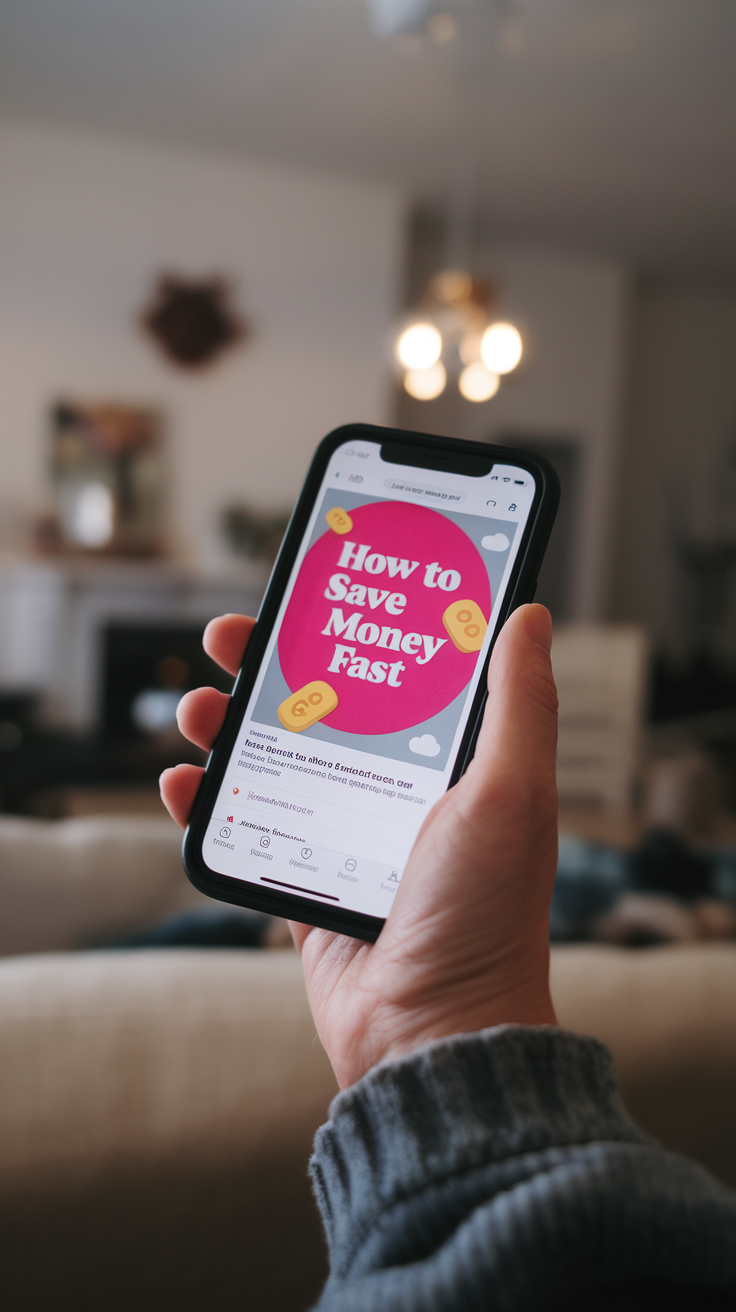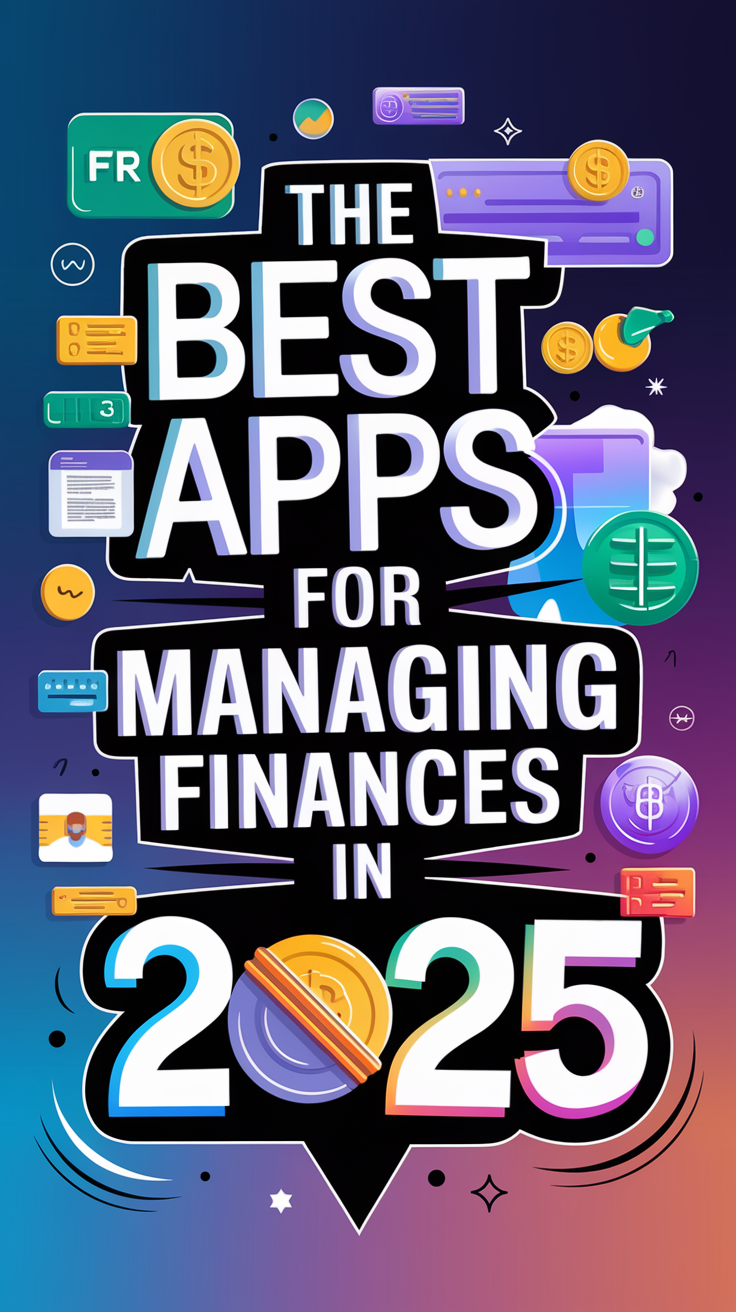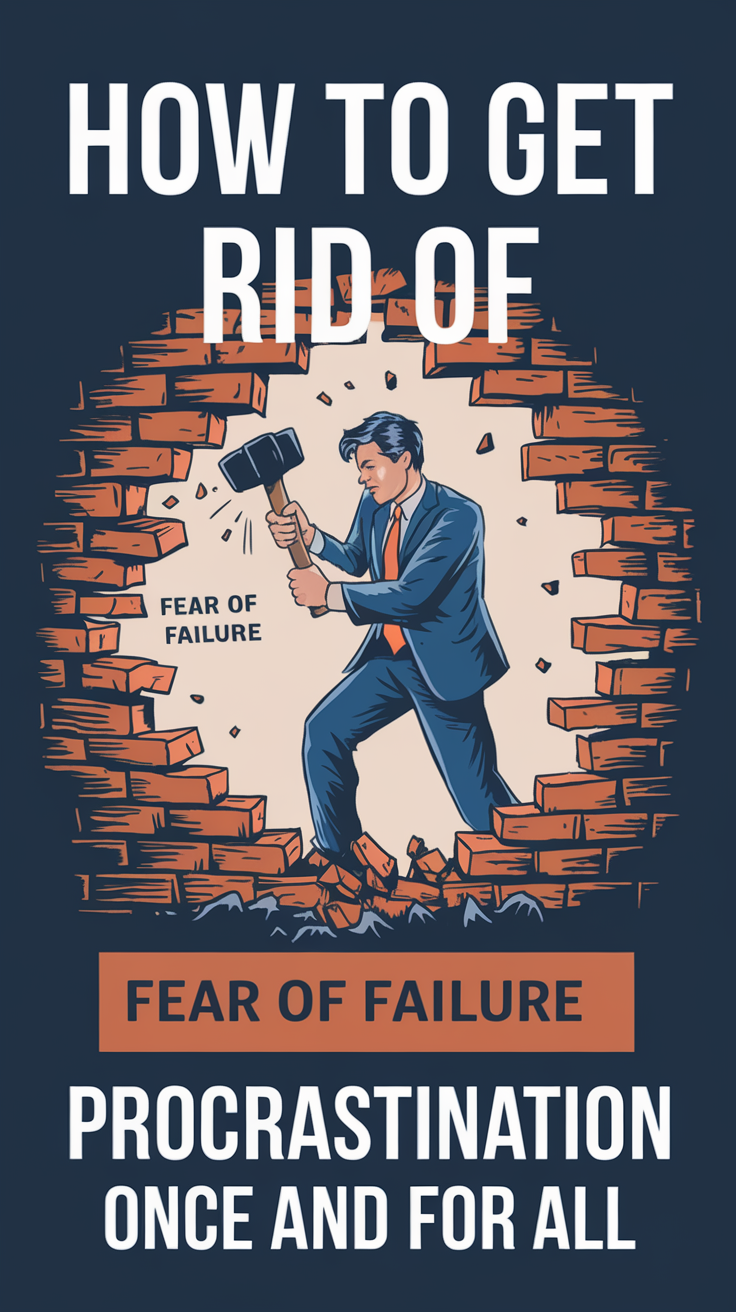How to Save Money Fast: A Step-by-Step Guide
Saving money quickly may seem challenging, but with deliberate actions and the right mindset, it’s entirely achievable. Whether you’re saving for an emergency, a big purchase, or simply building your financial security, this guide provides practical strategies for anyone looking to save money fast.
Build a Practical Budget
Creating a budget is the foundation of saving money quickly. On my journey to saving, I found that tracking every expense made me much more conscious of where my money was going.
Steps to Build a Budget
- Track Your Spending: Record all your expenses for a month.
- Categorize Your Costs: Divide them into essentials, discretionary spending, and savings.
- Set Goals: Allocate a realistic percentage for savings based on your income.
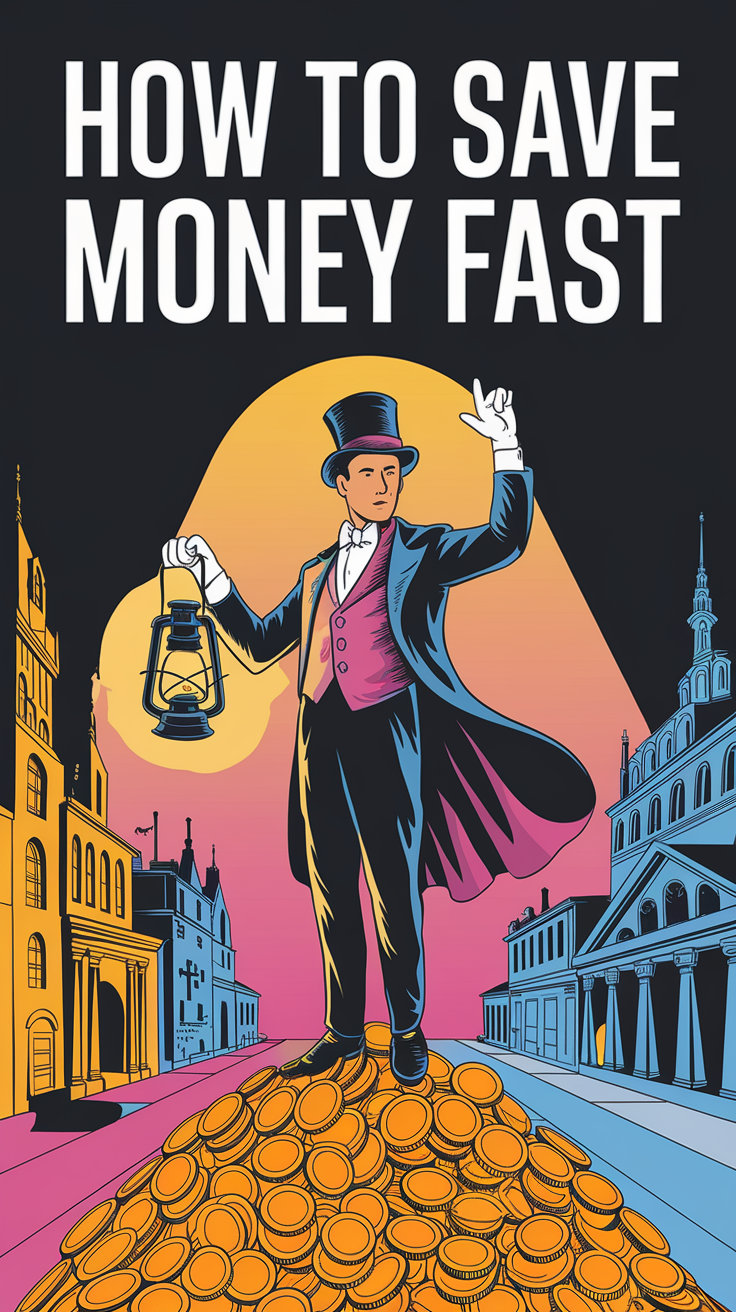
Sample 50/30/20 Budget Plan
| Category | Percentage | Example Allocation (Monthly Income: $3,000) |
|---|---|---|
| Essentials | 50% | $1,500 |
| Discretionary | 30% | $900 |
| Savings/Debt Repayment | 20% | $600 |
Adjust the percentages if you’re aiming to save more aggressively.
Cut Down on Monthly Expenses
Reducing unnecessary expenses is one of the fastest ways to free up money.
Cancel Subscriptions and Unused Services
Take a closer look at recurring charges, like streaming services or gym memberships. I saved $50 a month by canceling subscriptions I wasn’t using!
Optimize Utility Bills
- Use energy-efficient light bulbs.
- Turn off lights and appliances when not in use.
- Lower your thermostat by 2–3 degrees.
Meal Prep and Avoid Dining Out
Preparing meals at home helped me save over $200 monthly. Stick to a grocery list and consider batch cooking to reduce waste and time.
Monthly Savings by Reducing Expenses
| Expense | Before | After | Savings |
|---|---|---|---|
| Dining Out | $300 | $100 | $200 |
| Subscriptions | $100 | $50 | $50 |
| Energy Costs | $150 | $120 | $30 |
Adopt Cost-Effective Lifestyle Habits
Adapting to frugal habits is an effective way to save money without feeling deprived.
Embrace “No-Spend” Challenges
Set a goal for a week or month where you only spend on essentials. For example, during a no-spend challenge, I realized I didn’t need daily coffee runs—saving me $100 in a month!
Use Public Transportation or Carpool
Cutting back on car usage by using public transit or carpooling can save hundreds on gas and maintenance costs.
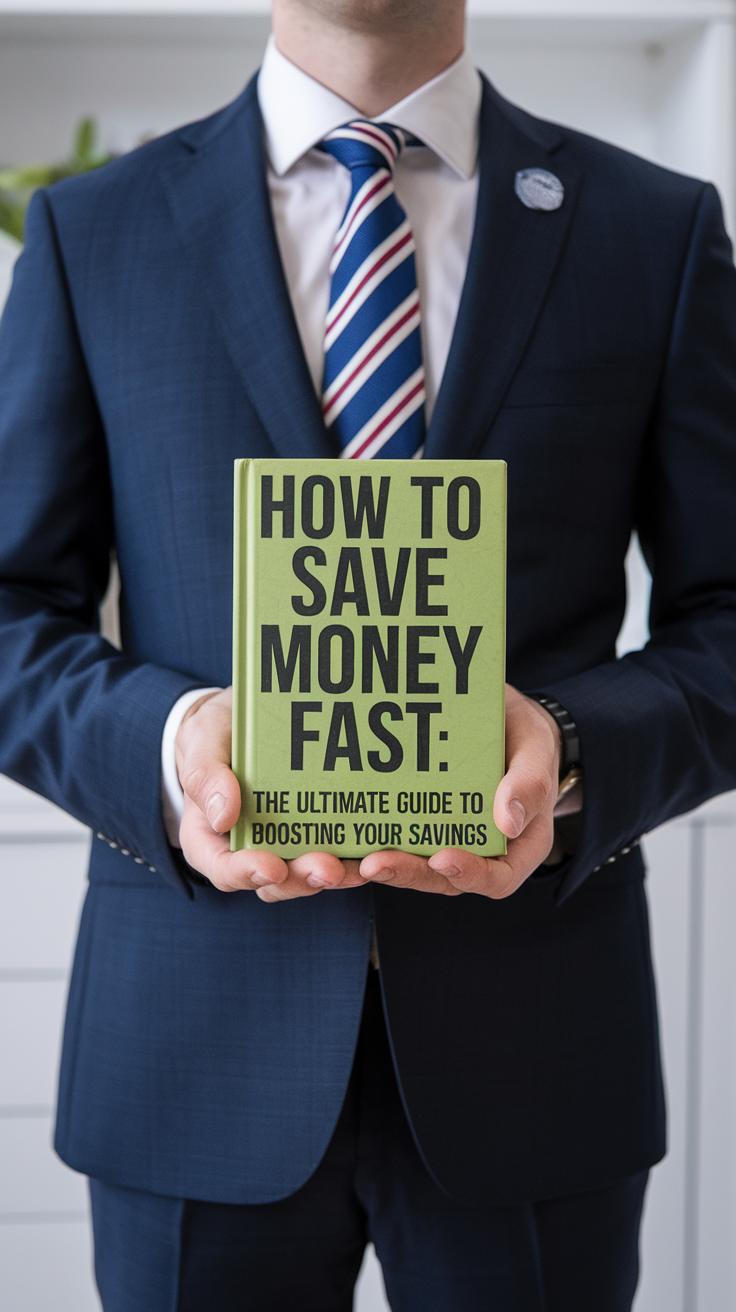
Sell Unused Items
Declutter your home and sell items on platforms like eBay or Facebook Marketplace. I once earned $500 from selling old furniture and electronics.
Maximize Your Income
Increasing your income is another effective way to boost your savings quickly.
Take Up a Side Hustle
Freelance writing, tutoring, or driving for delivery services are flexible options. I’ve personally found freelance work to be a great way to supplement my income without taking too much time from my day job.
Rent Out Unused Space or Items
If you have a spare room, rent it out on Airbnb. Tools, cameras, and even your car can also be rented out for extra cash.
Automate and Accelerate Savings
One of the easiest ways to save money is by automating the process.
Set Up Automatic Transfers
Automate a portion of your paycheck to transfer directly into a high-yield savings account. I automated $100 every payday, and it quickly added up.
Explore High-Yield Accounts
Opt for accounts offering higher interest rates to grow your savings faster.
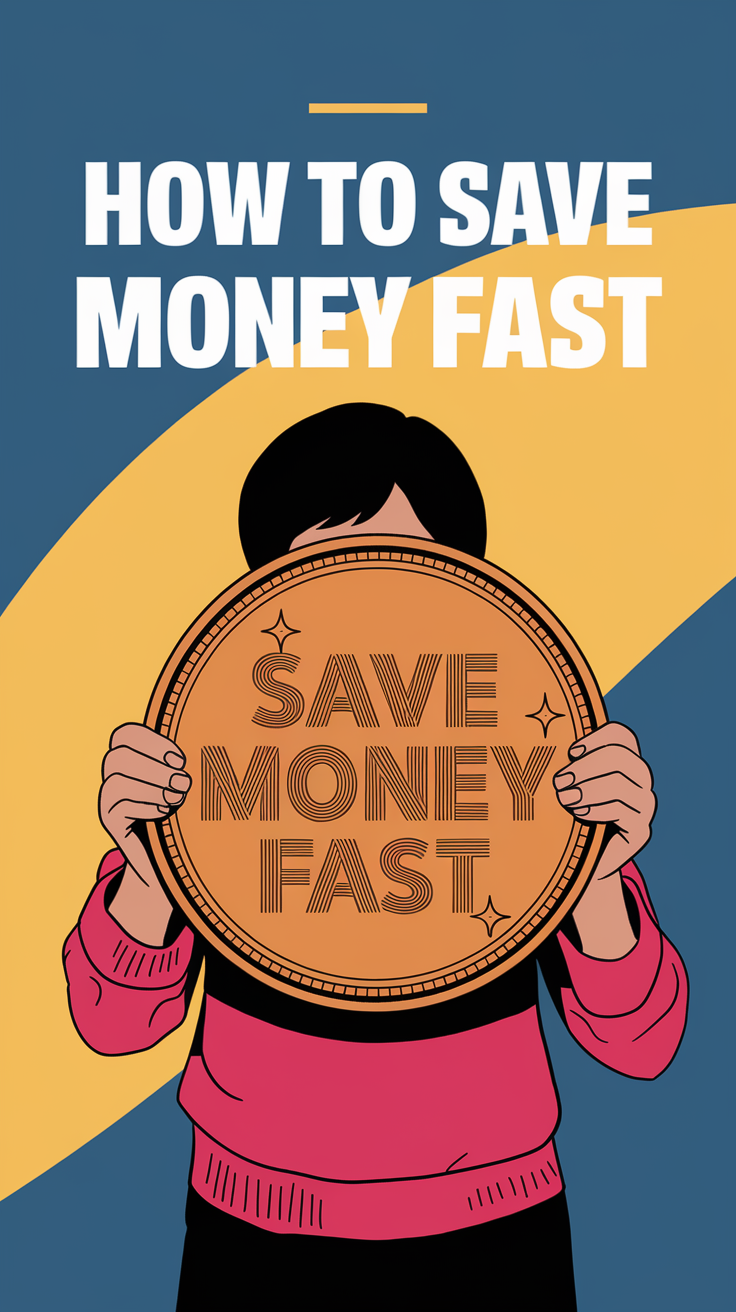
Manage Debt Strategically
Debt can hinder your ability to save, so tackling it is critical.
Focus on High-Interest Debt
Use the Debt Avalanche Method to pay off high-interest debts first. This method saves you more on interest compared to paying off smaller debts first.
Consolidate Loans
Consider consolidating loans to lower your overall interest rate and make payments more manageable.
Adjust Your Money Mindset
A healthy mindset about money is crucial for long-term success.
Avoid Impulse Spending
Before any non-essential purchase, use the 24-hour rule: Wait a day and reassess if it’s worth it.
Gratitude Over Consumerism
Focus on appreciating what you have rather than constantly seeking new things.
Conclusion
Saving money fast requires commitment, planning, and sometimes a bit of creativity. By building a solid budget, cutting unnecessary expenses, and finding ways to boost your income, you can quickly accumulate savings for your financial goals. Start small but stay consistent, and you’ll be amazed at how quickly your efforts add up.
FAQs
1. How can I start saving money with a low income?
Even with limited income, tracking expenses, cutting back on non-essentials, and starting a side hustle can help you save.
2. What’s the fastest way to save $1,000?
Focus on immediate cost-cutting strategies, such as canceling subscriptions, reducing dining out, and selling unused items.
3. How do I avoid dipping into my savings?
Automate savings into a separate account and consider setting penalties for yourself if you withdraw funds unnecessarily.
4. Are budgeting apps helpful for saving money?
Absolutely! Apps like Mint and YNAB provide tools to track spending, set goals, and stick to your budget.
5. Is it better to save or invest for quick results?
For short-term goals, focus on savings. Investments are better suited for long-term wealth building.
6. Can small changes really make a difference?
Yes, even small changes like skipping daily lattes or negotiating bills can add up significantly over time.
